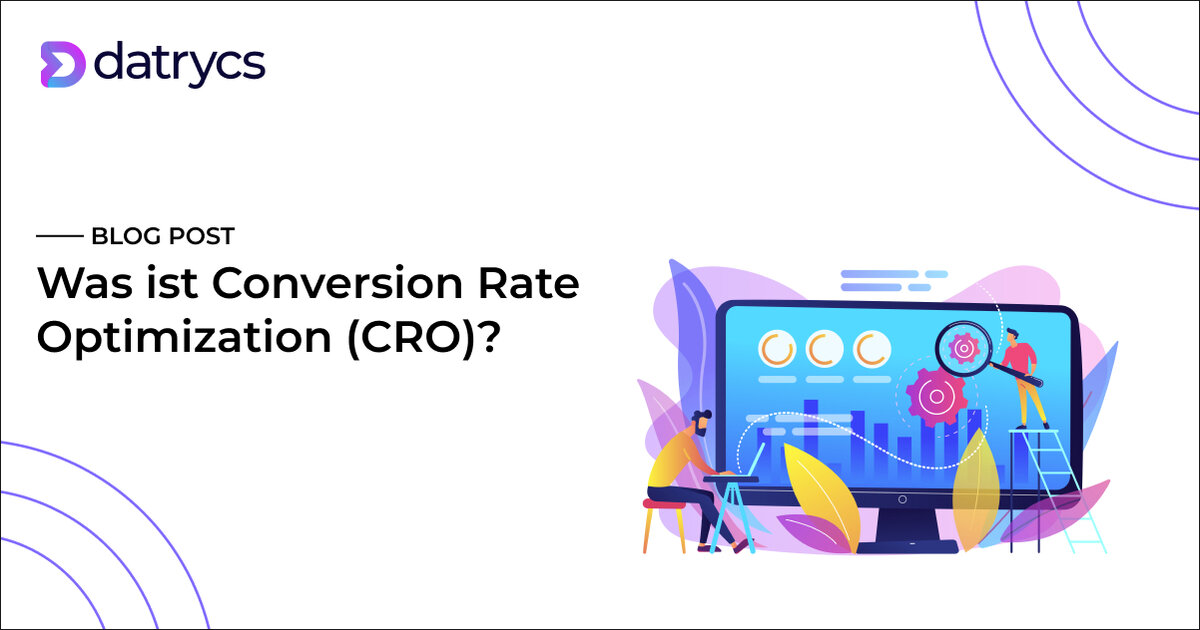Künstliche Intelligenz (KI) ist nicht nur ein Werkzeug, sondern ein Motor des Wandels, der den E-Commerce in eine neue Ära der Effizienz führt. Lass uns eintauchen und herausfinden, wie KI das Online-Shopping revolutioniert!
Künstliche Intelligenz im E-Commerce verstehen
Im Kern ermöglicht KI Maschinen, aus Daten zu lernen, Muster zu erkennen und Entscheidungen mit minimaler menschlicher Beteiligung zu treffen. Im E-Commerce bedeutet das nicht nur personalisierte Einkaufserlebnisse, sondern auch einen verbesserten Kundenservice und effizientere Abläufe.
KI-Algorithmen
Die Zeiten generischer Produktempfehlungen sind vorbei! KI-Algorithmen analysieren riesige Mengen an Kundendaten – von Deinem Browserverlauf bis hin zur Kaufhistorie. Dadurch erhältst Du hyper-personalisierte Empfehlungen in Echtzeit. Egal, ob es darum geht, ergänzende Produkte vorzuschlagen oder zukünftige Bedürfnisse vorherzusagen: KI anwendungen sorgen dafür, dass jede Interaktion individuell auf Dich zugeschnitten ist.
Anpassung an den Markt
KI-gestützte Preisalgorithmen verfolgen kontinuierlich Markttrends, Wettbewerberpreise und die Kundennachfrage, um Preisstrategien in Echtzeit zu optimieren. Dieser adaptive Preisansatz maximiert nicht nur den Umsatz, sondern stellt auch sicher, dass Unternehmen in einem sich ständig ändernden Marktumfeld wettbewerbsfähig bleiben.
Ständige Kundenunterstützung
KI-gesteuerte Chatbots revolutionieren den Kundenservice, indem sie rund um die Uhr sofortige Unterstützung bieten. Von der Beantwortung von Produktfragen bis zur Lösung von Beschwerden – diese Chatbots bieten Dir personalisierte Hilfe und tragen so zu einer höheren Kundenzufriedenheit bei.
So hilft KI Unternehmen, einen Wettbewerbsvorteil zu erzielen:
- Daten analysieren, um Trends vorherzusagen: KI-Algorithmen analysieren riesige Datenmengen, um zukünftige Trends zu erkennen und das Kundenverhalten vorherzusagen. Mithilfe vorausschauender Analysen kannst Du fundierte Entscheidungen treffen und der Konkurrenz immer einen Schritt voraus sein.
- Effizientes Bestandsmanagement: KI Systeme zur Unternehmensressourcenplanung optimieren Lagerbestände, minimieren Über- und Unterbestände und prognostizieren die Nachfrage präzise. Durch die Automatisierung dieser Prozesse kannst Du Abläufe straffen, Kosten senken und eine reibungslose Auftragsabwicklung gewährleisten, was die Kundenzufriedenheit erhöht.
- Visuelle Suche und virtuelles Anprobieren: KI-gestützte visuelle Suchfunktionen ermöglichen es Dir, Produkte mithilfe von Bildern statt Schlüsselwörtern zu finden. Das vereinfacht den Einkaufsprozess und erhöht die Konversionsrate. Zudem nutzen Technologien für virtuelles Anprobieren KI, um zu simulieren, wie Produkte an Dir aussehen würden – so wird die Lücke zwischen Online- und Offline-Shopping-Erlebnissen überbrückt.
Die Welt der KI erkunden
Während KI enorme Wachstumschancen bietet, bringt sie auch ethische Fragen mit sich, etwa in Bezug auf Datenschutz, algorithmische Verzerrungen und den Verlust von Arbeitsplätzen. Unternehmen müssen Transparenz, Verantwortlichkeit und Inklusion in ihren KI-Initiativen priorisieren, um diese Risiken zu mindern und Vertrauen bei den Verbrauchern zu schaffen.
Da KI die E-Commerce-Landschaft weiterhin prägt, ist es für dich als Unternehmer unerlässlich, Innovationen voranzutreiben und dich an die veränderten Erwartungen der Verbraucher anzupassen. Nutze die Kraft der KI, um personalisierte Erlebnisse zu schaffen, Abläufe zu optimieren und wertvolle Einblicke zu gewinnen. So kannst du in einem zunehmend wettbewerbsorientierten Markt erfolgreich sein und Deinen Handel vorantreiben und Deinen online Verkauf steigen.
Fazit
KI ist nicht nur ein Werkzeug, sondern der Motor des Wandels, der den E-Commerce Unternehmen eine neue Ära der Effizienz, Personalisierung und des Wachstums offenbart. Unternehmen, die KI-gestützte Technologien einsetzen, eröffnen sich unvergleichliche Möglichkeiten zur Innovation und Differenzierung. Mit der richtigen Strategie wirst Du in der digitalen Welt erfolgreich sein!












.jpeg)




















.jpeg)






















.avif)





